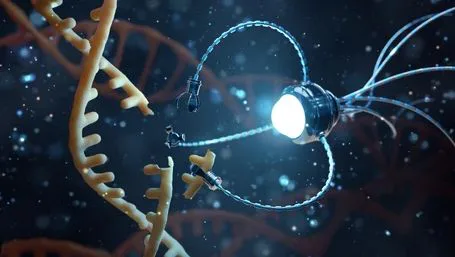Life of animals, either big or small is not easy. Those with the most advanced skill can only survive in the nature. Our nature is full of such examples where for the survival, some animals resolves to take up sexual cannibalism while other uses virus to control the mind of their host organism. Such animals that derive benefits at the expense of other animals are termed as parasites.
In a latest study, researchers have found that a parasitic wasp (Dinocampus coccinellae) employs a virus to control the mind and behavior of the spotted lady beetle (Coleomegilla maculate) for its benefit. The parasitic wasp injects the beetle with the virus that slowly converts them into zombie guards, dutifully taking care of wasp’s newborns.
Findings from prior studies explains that wasp injects its eggs inside the beetle, but what makes beetle to take care of emerging larvae from its body was not known.
Zombie bodyguards
To solve this mystery, researchers studied the wasp’s eggs derived from the ladybug using a transmission electron microscopy. Researchers found that the parasitic wasp injects a newly discovered RNA virus along with eggs in the host’s body. The virus responsible for paralyzing and causing tremors in ladybug was named DcPc (D. coccinellae Paralysis Virus).
The parasitoidwasp’s species known so far used viruses that act by immunosuppression or by curbing the development of host to help larva development. However, parasitic wasp employing a virus to control the host’s mind is observed for the first time.
Dinocampus coccinellae spins its cocoon between the legs
Once the virus gets introduced into the beetle’s body along with wasp’s eggs, its start replicating and invades the beetle nervous system. In about 20 days, the larva feeding on the ladybug starts extracting and spinning a silk cocoon between the bug’s legs. While the virus paralyzes the beetle, that now acts as a guard safeguarding pupae from predators.
Though the researchers found the presence of virus confined to the beetle’s brain, but they believe the virus affects the complete nervous system. Interestingly, after eaten alive by the growing larva and being paralyzed by the virus, approximately 25 percent of the cases the beetles survive the horrific experience in the end.
Researchers need further study to analyze the exact roles of the wasp and the virus in controlling the beetle’s mind. Certain questions such as does the virus affects the wasp too or can the wasp reproduce without the virus assistance is yet to be answered.
Source: National Geographic




